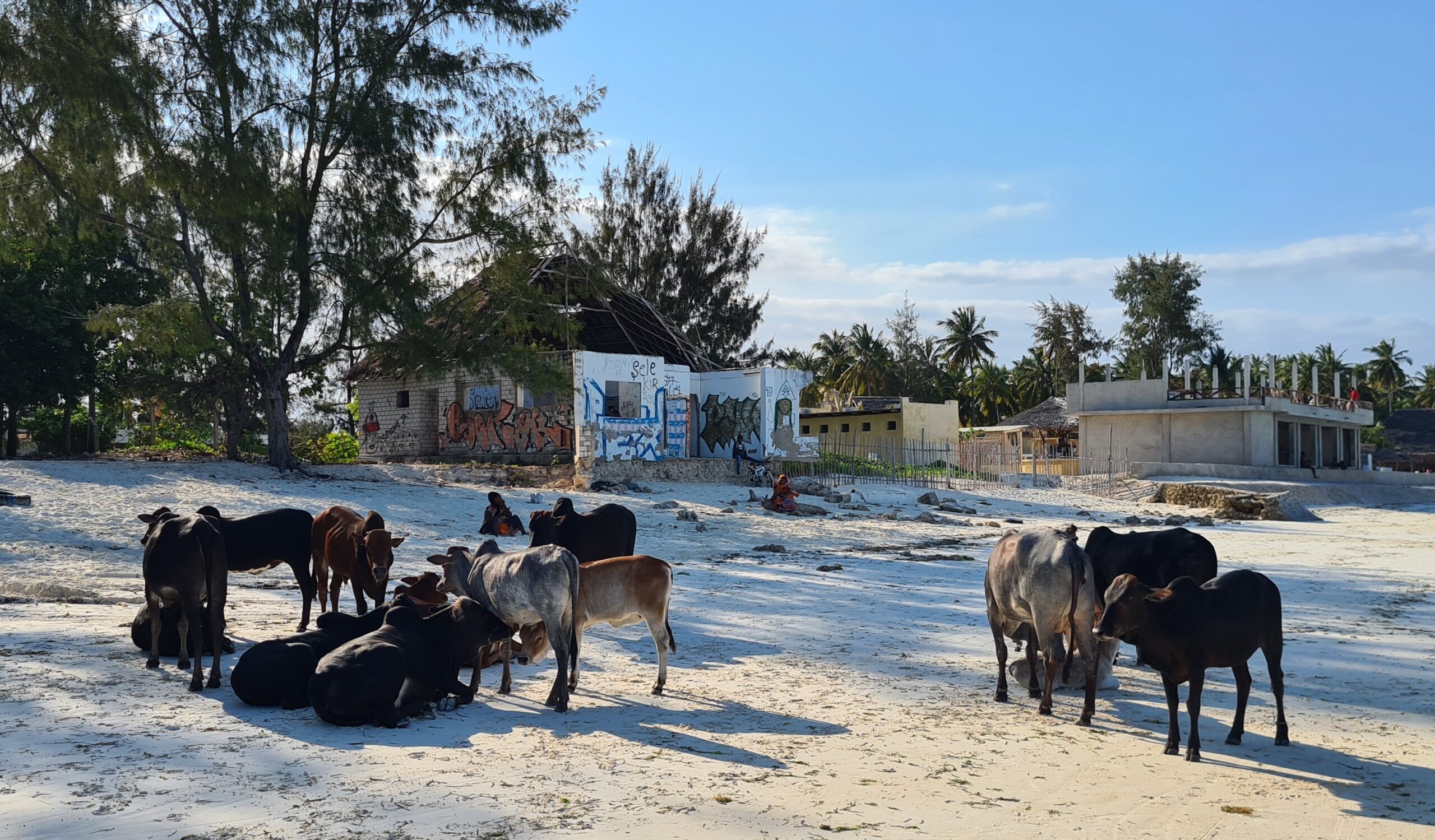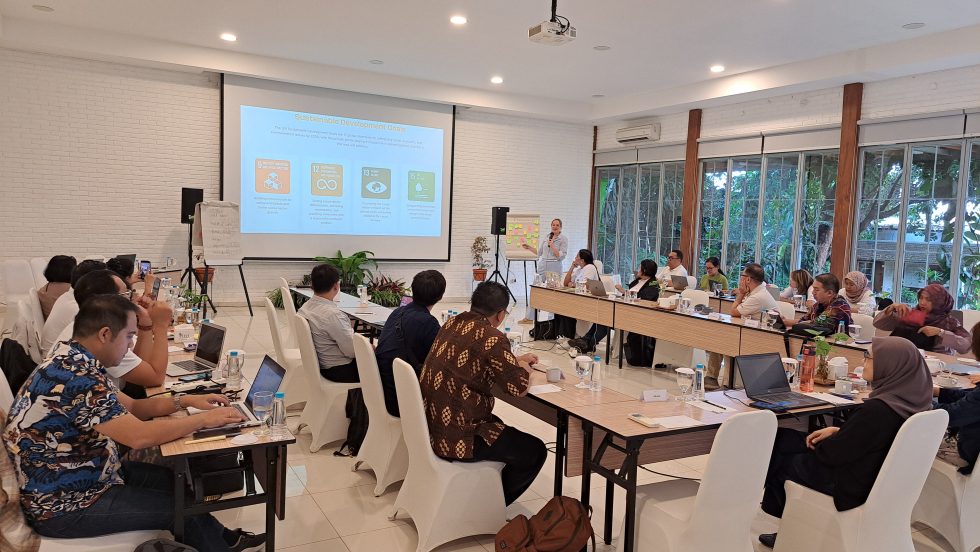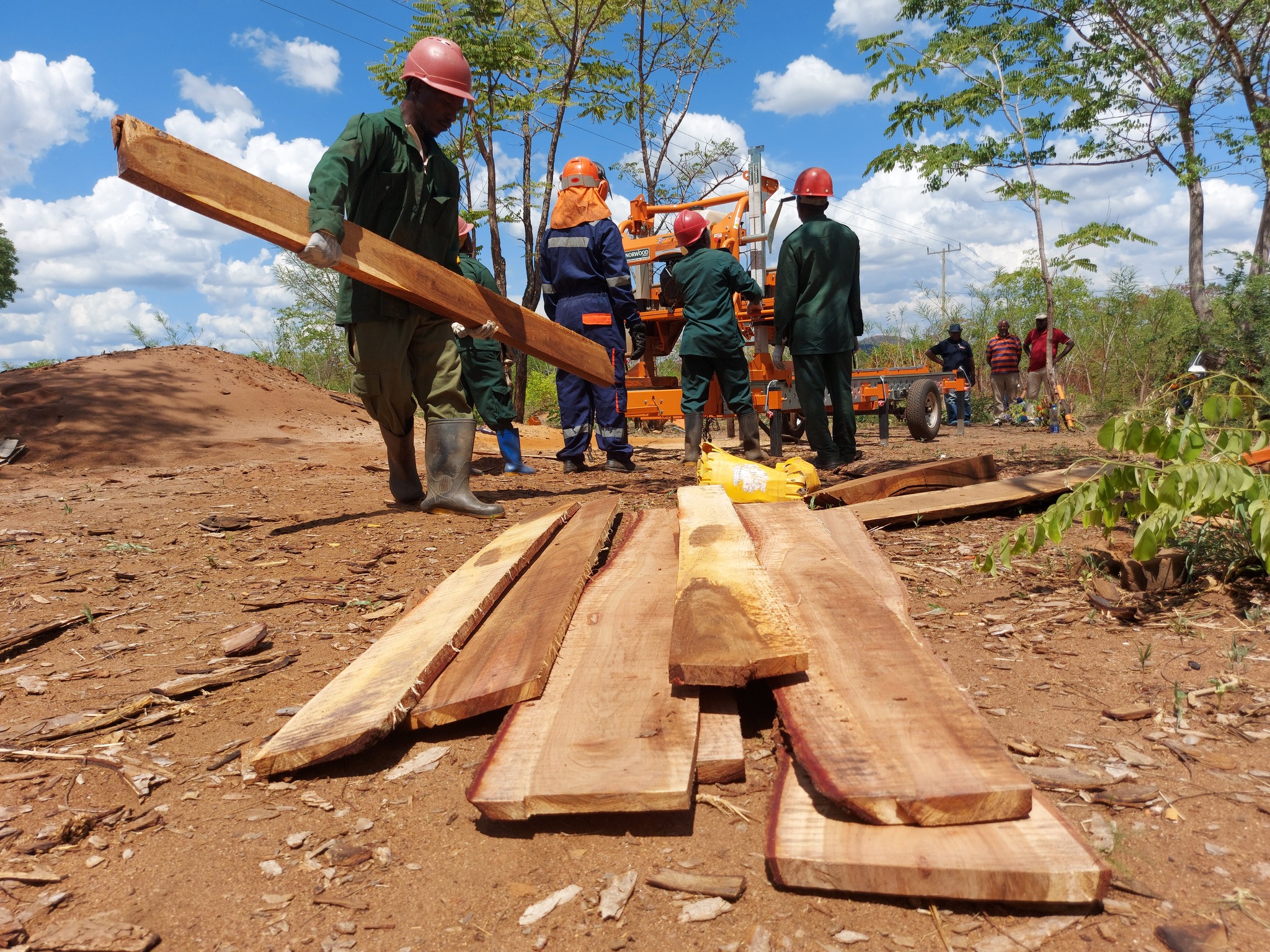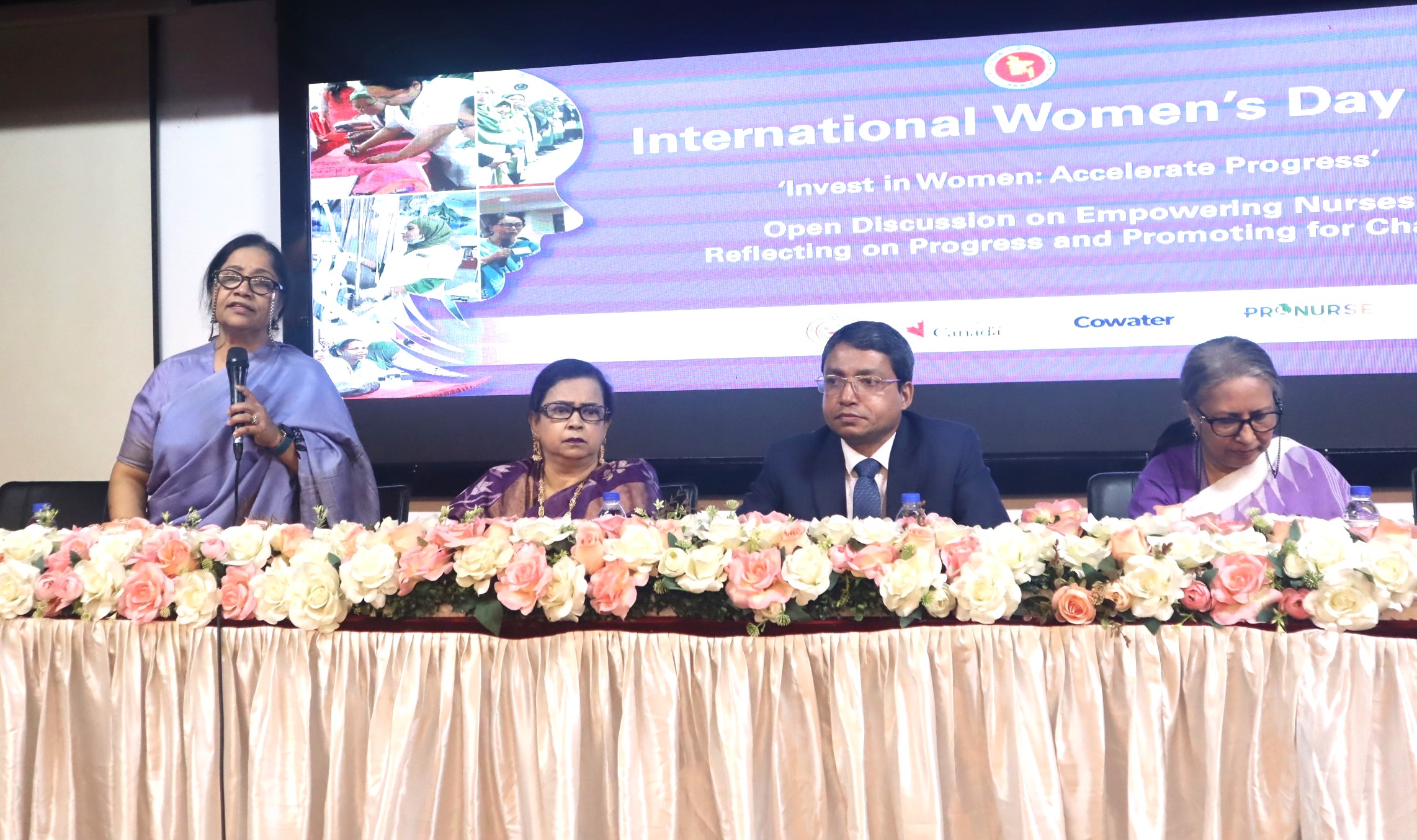
Stemming the Sand – The Central Sahel’s Battle for Sustainability
Author: Mark Redwood, Executive Director, SPARC Programme
The Central Sahel region, encompassing Burkina Faso, Mali and Niger, is facing an unprecedented convergence of challenges. Climate change, ongoing conflict, desertification, and drought have combined to create a perfect storm, exacerbating the already fragile socio-economic conditions of the region. This blog post explores the interplay between these factors, their impact on the Central Sahel, and the urgent need for sustainable solutions.
Desertification, a process by which fertile land becomes arid, poses a significant threat to the Central Sahel. Overgrazing, deforestation, and unsustainable land use practices have contributed to the expansion of the Sahara Desert, encroaching on agricultural lands. As more arable land transforms into barren wastelands, rural communities are forced to migrate, leading to overcrowding in urban centers and increased social tensions. Meanwhile, droughts are becoming more frequent and severe in the Central Sahel, exacerbating food and water shortages. The combination of limited access to water resources and declining agricultural productivity further deepens the region’s vulnerability. Water scarcity not only affects human populations but also disrupts ecosystems, leading to the loss of biodiversity and threatening the livelihoods of those dependent on natural resources.
The data points to challenges and a broad decline in ecosystem health in the Sahel. In Niger, for example:
- Average temperatures have risen by about 1.5°C since the 1970s, and further increases are projected.
- Rainfall patterns have become increasingly erratic, with longer dry spells and more intense rainfall events.
- Over 80% of Niger’s population depends on rain-fed agriculture, desertification and increasing problems associated with climate change and conflict are decreasing agricultural productivity and increasing food insecurity.
- Approximately 87% of Niger’s land is affected by desertification and land degradation, posing a major challenge to sustainable livelihoods.
Burkina Faso is highly vulnerable to climate change due to its dependence on rain-fed agriculture and limited water resources. It faces significant climate change risks, particularly:
- Temperatures are projected to increase by 2-3°C by 2050.
- Rainfall patterns have become increasingly unpredictable, leading to droughts and floods.
- Agricultural productivity has declined, and food insecurity has risen, affecting vulnerable populations.
- Desertification and land degradation are major concerns, with an estimated 80% of the country’s territory at risk.
Similar climate risks are affecting Mali and other countries across the Sahel. This is leading to a large number of displaced people, including internally displaced people. More than 16 million individuals require humanitarian assistance and protection in the Central Sahel, a 172% increase from 2016. Niger, Burkina Faso and Mali account for just 0.9% of the global population but 5% of global humanitarian needs. Addressing the multifaceted challenges in the Central Sahel requires a comprehensive and integrated approach, including committed action in the following key areas:
Climate Resilience: Developing climate-smart agricultural practices, promoting sustainable land management techniques, and investing in drought-resistant crops are priority actions to enhance resilience and mitigate the impact of climate change on food security. As the Cowater International-led SPARC research programme has shown, fragile states receive less climate finance due to structural imbalances in how climate finance is delivered. Weaker states need the finance more, but due to internal problems receive less. SPARC examines the barriers and enablers to increasing adaptation finance to these contexts, and urges for conflict sensitivity to become a core component of climate adaptation and development programming. This will also require building expertise within the humanitarian and development sectors.
Climate change doesn’t respect borders, and so an understanding of transboundary climate risks – that is, climate hazards that can impact shared resources, or cross-border trade – is a critical piece of the puzzle. This is especially true for pastoralists. How decisionmakers can account for and manage transboundary climate risks is an underexplored area, but a critical one in building resilience to droughts.
Conflict Resolution: Strengthening governance, promoting dialogue, and investing in community-based peacebuilding initiatives can help mitigate the impact of conflict on vulnerable people. Any short-term peace helps, but longer term this includes addressing the root causes of conflict, such as poverty and social inequalities. Complex situations – such as countries in the grip protracted crises – require innovative ways of making decisions.
Reforestation, Rangeland Management and Land Restoration: One factor that can reduce desertification is implementing programs that encourage reforestation, land restoration, and sustainable land use practices. Promoting sustainable forestry, agroforestry, and reclamation of degraded lands through tree planting is key to sustainable ecosystems.
Water Management: Investing in water infrastructure, such as dams and irrigation systems, can improve access to clean water and enhance water security. Implementing efficient water management practices, including rainwater harvesting and water conservation techniques, can also mitigate the impact of drought.
An understanding of people’s different vulnerabilities. The theme of World Day to Combat Desertification and Drought 2023 is ‘Her Land. Her Rights’ and the emphasis on gendered vulnerability to drought is particularly true of the Sahel region. Women, girls and young people can often be disproportionately vulnerable to shocks and have a more limited ability to adapt, but very little literature focuses on this gap.
The Central Sahel is at a critical juncture, grappling with the devastating consequences of climate change, conflict, desertification, and drought. To address the region’s interconnected challenges and to preserve adequate rangeland, agricultural land, and forests, concerted action is needed among different key actors. First, regional bodies, such as ECOWAS and the Permanent Interstate Committee for Drought Control in the Sahel (CILSS acronym in French), should play a key role in shaping regional economic and institutional approaches to addressing the effects of climate change. Second, academic bodies, think-tanks and research players in the Global South need to work together to provide the evidence that would underpin decision making and policy responses.
SPARC Programme has been working with a wide range of actors to generate knowledge and solutions that can address Sahel’s climate risks and vulnerabilities.
Related Content
Sustainability standards are critical to a more competitive MSME sector in Indonesia
Mirco, Small and Medium-sized Enterprises (MSMEs) play a crucial role in the Indonesian economy, yet they face significant challenges in accessing global markets. This can be attributed to various factors, […]
Tanzanian–Finnish collaboration supporting a ‘use it or lose it’ approach in Tanzanian Community Based Forest Management
The Governments of Tanzania and Finland have worked together in partnership for decades in the forestry sector in Tanzania. Since 2018, through the Forestry and Value Chains Development Programme (FORVAC), […]







